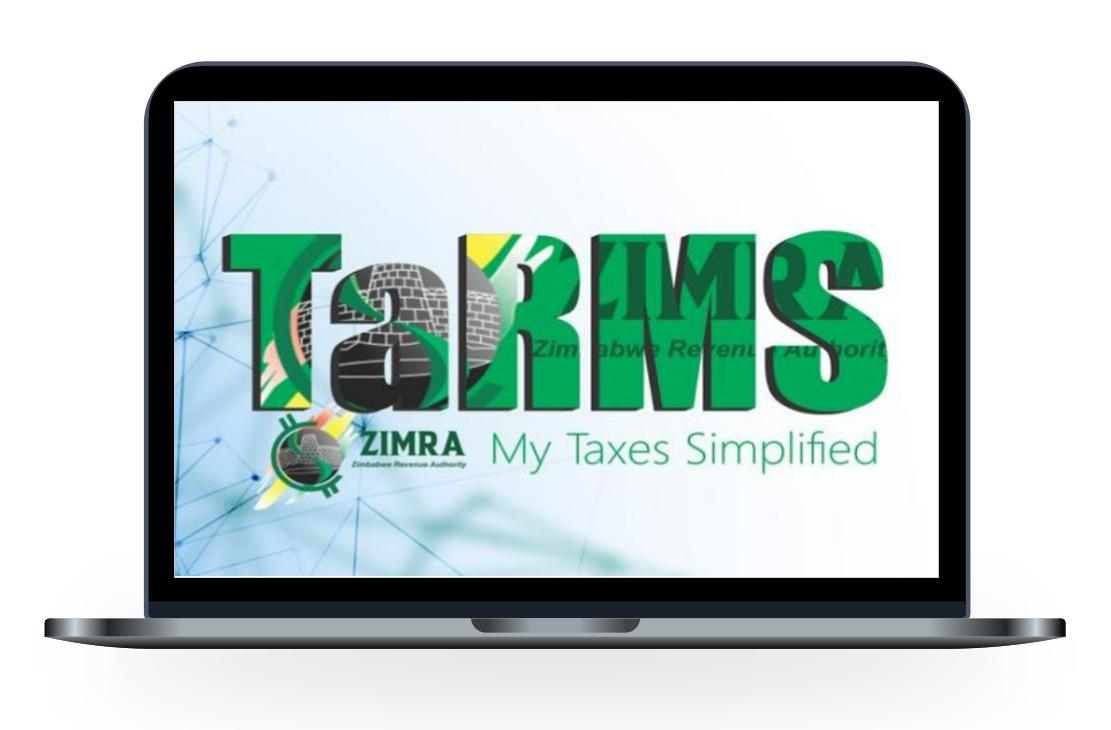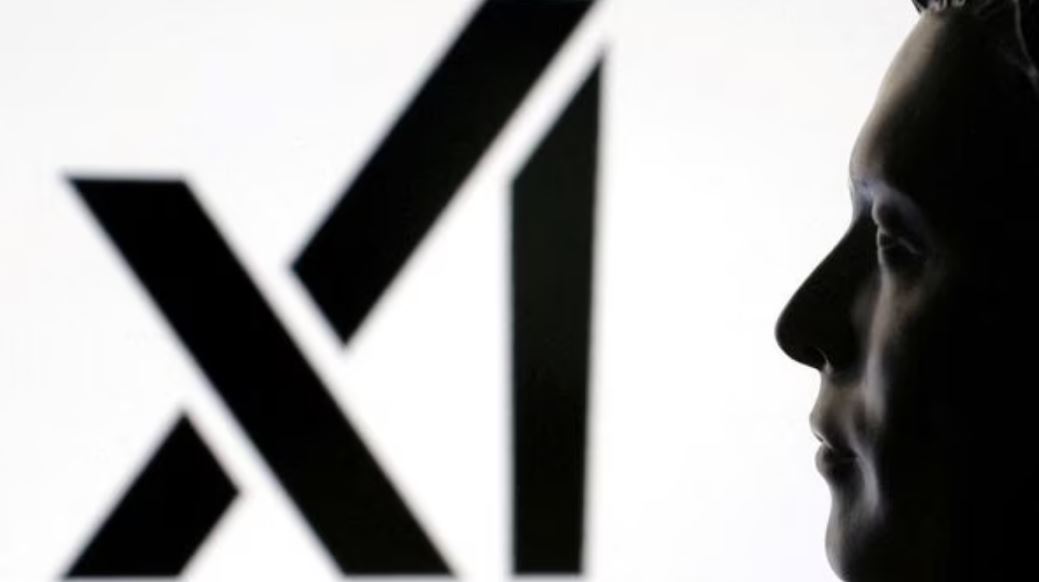HIT’s TapCard which was launched in partnership with NMB and CBZ seems to be gaining wider adoption and HIT’s Director of Technology Dr Talon Garikai recently shared some of the plans they have for the card going forward.
Monetizing the TapCard
At present, the TapCard comes with no charges when cardholders transact in buses. The only cost associated with the card at present is the one to buy the card – currently $15.
It seems that might be on the verge of changing as HIT plans to make the TapCard work like “any other electronic card”
At the moment, the system is in the first phase and we are in the process of upgrading it to integrate normal banking services for the convenience of users.
The card has no transaction fee and this can be controlled on one’s phone. In the second phase, the card will be used as any other electronic card, even for other transport operators and we are pushing for this to be a national policy.
HIT’s Director of Technology Dr Talon Garikai
This is a big change because it changes the TapCard business model and its main revenue stream. The probability that the TapCard will also introduce charges for swiping on POS terminals is pretty high and that will become their main revenue stream. It’s still likely that for cardholders using the card in the ZUPCOs they still won’t incur transaction charges as that might discourage the primary use of the TapCard.
Real-time tracking
Outside of these changes, TapCard is also working on a new monitoring system to allow for real-time tracking of the buses:
The monitoring system will allow for remote real-time monitoring routes through location specifics of physical surroundings of the bus routes.
This might be beneficial for planning purposes since users will be able to track where buses are, instead of spending as much time as they currently do in queues waiting for the bus. The only problem with such a system, if implemented in that way is, it will require an application which will probably require data – which is more friction. It’s still a great feature but it won’t be accessible to everyone.














Comments
One response
Few items to note from me:
1. When the HIT director says they are pushing this thing to be a national policy, does this imply forcing this on people? That’s not business! You cant create a business model based on creation of a government policy
2. Related to the above point, HIT will need to create a separate vehicle to manage the TapCard business. I hope the director will/is not (be) the one managing this. It needs to be set-up as a proper company and HIT simply makes sure they have shareholding (and not 100%!!!!!!) and board representation. At some point in the future, if it makes economic sense, they can even dispose their stake and focus on other ‘cool’ stuff.